Technology is changing the face of healthcare delivery and, it is no different in dentistry. Artificial intelligence, treatment planning software and 3D printing are just some ways that are making the delivery of dental care more proficient and precise. Prof Dr Seow Liang Lin, Dean of the IMU School of Dentistry tells us about how her dental students are keeping up with the times.
Digital dentistry has become an essential part of dental practices, and its use enables dental practitioners to treat patients more efficiently and precisely – enhancing the quality of patient care. These tech-enabled solutions support dentists in a variety of ways from performing diagnosis and planning treatments to creating dental impressions and dental restorations.
To keep up with the innovations in the field, dental education needs to be just as advanced and on par with the changing landscapes. “Besides wanting our graduates to be compassionate, professional, resilient and adaptable to changes; the dental practitioners of the future need to be digitally savvy,” says Prof Seow Liang Lin, Dean of the IMU School of Dentistry (SOD).
At the School, students will find a future-forward programme that includes modules on artificial intelligence and data analytics. The clinics where students practise are equipped with a wide variety of digital equipment such as the cone beam computed tomography (CBCT) system used to capture 3D cross-sectional images of the mouth, intraoral scanners, as well as planning software for implants.
The IMU’s SOD is also the first and only dental school in Malaysia with two haptics dental simulators. The state-of-the-art equipment has enhanced immersive simulation training for students by allowing them to ‘feel’ the techniques and procedures as they practise.
“Many dental practices are incorporating digital devices. To ensure our students are work-ready and future proof, wherever possible, we promote the use of digital dentistry – both hardware and software – during their years at the school,” says Prof Seow.Besides the digital exposure, students at the SOD benefit from the innovative curriculum that embraces early clinical exposure. From Year One, students start to shadow their seniors, and move on to treating patients in Year Two. This has pushed students to advance significantly compared to more conventional curricula where students start to treat patients from Year Three.
“We’ve been able to do this with the implementation of an initiative focusing on Entrustable Professional Activities (EPAs) framework on work-based assessment that ensures students are clinically competent,” explains Prof Seow. EPAs provide a systematic approach to assessing students’ ability to perform core clinical tasks, while providing targeted feedback and support based on their performance in each specific task or EPA. This gives students a personalised approach to their learning and helps students to address their weaknesses and build on their strengths.
Besides the educational advantages in using such an approach, the EPAs also help students remain motivated as they achieve milestones one step at a time – this has been shown to have value in demanding educational programmes like dentistry and medicine.
EPA-based education has been in use in the medical field for some time, but it is relatively new in dentistry. The IMU’s SOD faculty recently received the prestigious Patil Teaching Innovation Award 2023 – during the Association for Medical Education in Europe (AMEE) conference in Glasgow, United Kingdom – for implementing this innovative dynamic approach to teaching.Even as students reach the completion of clinical requirements to graduate as dentists, at the SOD, learning doesn’t stop. For those interested in going the extra mile, the SOD offers optional additional certification courses under the Bachelor of Dental Surgery (BDS) Plus initiative.
Prof Seow explains that dental students need to fulfil the National Programme requirements of certain competencies to graduate. Once they have fulfilled this in their final year at the IMU, they have the option to take up small certificate courses that will allow them to bring their skills and knowledge to the next level. These include courses on implant dentistry, dental photography, data analytics and even a course on publication. “Students do research as part of their course. If they take up the publication certification course, they learn how to get their research published and this gives them a cutting edge especially if they want to continue to postgraduate studies later,” Prof Seow says.Outside of dental-focussed skills, students at the IMU SOD pick up entrepreneurship skills that will help them navigate their way in the working world. An entrepreneurship module is incorporated into the course and within this, students are given a unique opportunity to run a group dental practice.
Prof Seow explains that seniors and juniors form teams of ten to 12 members. These teams then set up a clinic which includes coming up with a clinic name, a business plan, and a marketing and promotion strategy. Throughout the year, as the teams provide services at the IMU Oral Health Centre, they keep track of their “would-be” (students do not actually receive payment for carrying out clinic services) profit and loss as well as patient satisfaction outcomes. At the end of the year, they present these records and a winning clinic is chosen.
“This is to prepare them to open their own clinics. They use the skills they learn from the entrepreneurship modules and we gauge them on reported income, patient feedback, as well as on a clinical self-audit component,” Prof Seow says. The clinical audit is part of the curriculum and teaches students to identify areas of improvement such as record keeping and X-ray taking, she explains, adding that the initiative is also a great way to encourage camaraderie and collaboration between the programme’s senior and junior students.This spirit of networking is important at the SOD and is evident in its exclusive partnerships with six prestigious dental schools in the UK, Canada, Australia, and New Zealand. Students will find that this opens exciting opportunities to pursue Phase 2 of their Bachelor of Dental Surgery (BDS) programme at their preferred Partner Dental Schools.
The school also recently secured accreditation from the Sri Lanka Medical Council. This means that the IMU dental graduate can now practise in Sri Lanka – great news for foreign students from the country studying at the IMU. “We are the first Malaysian dental school to be given this,” says Prof Seow. The accreditation is testament to the strength of the programme.
Underscoring the school’s strength, the IMU is the only dental school in Malaysia that runs the Royal College of Surgeons Edinburgh examinations every year. Eight of its faculty have been trained and certified as examiners for the prestigious examination and it is another nod of approval to the faculty’s abilities.As a dental educationist, Prof Seow hopes to instil in her students the qualities of a good dentist, moulding attitudes to encompass professionalism, strong ethics, compassion, adaptability and resilience.
She also feels that it is important for students to embrace lifelong learning and keep abreast with the evolving knowledge and technology. “Finding information is not that difficult but the ability to appraise the information that you obtain is critical. You need to be able to differentiate solid information and curate what you want to adopt and what you do not,” she says, adding that this is one of the skills that she hopes to inculcate in the students at the SOD.
Her last reminder to students: dentistry is a relatively high stress occupation. “You will not only need to take care of patients, but also need to take care of yourselves,” she says. It is important for students to find ways to maintain a healthy mind and body so that they can continue to create better smiles for everyone else. Remember, a smile a day will keep the doctor away – for both patient and dentist. Prof Seow always knew she wanted to be in the healthcare line. Choosing dentistry as her career choice was based on a somewhat unique reason: “I had good skills at handicraft, and I like working with my hands so I thought dentistry would be a good fit!” she says. Besides this, she admits she didn’t know too much about dentistry, but once she started it, she is passionate about it.
“I love being able to treat patients and to be able to see the fruits of my labour – to be able to not just make people smile better but to be able to function better. It is the reward that keeps me going.”
Brought up in a home with both parents as teachers, she had always been drawn to the life of academia. She became a lecturer in 1997 at Universiti Malaya and later joined the IMU in 2008, and was part of the founding team to set up the dental school. She took over as Dean in 2021 and “being able to helm the school that I have been with from the beginning is something very special to me.”

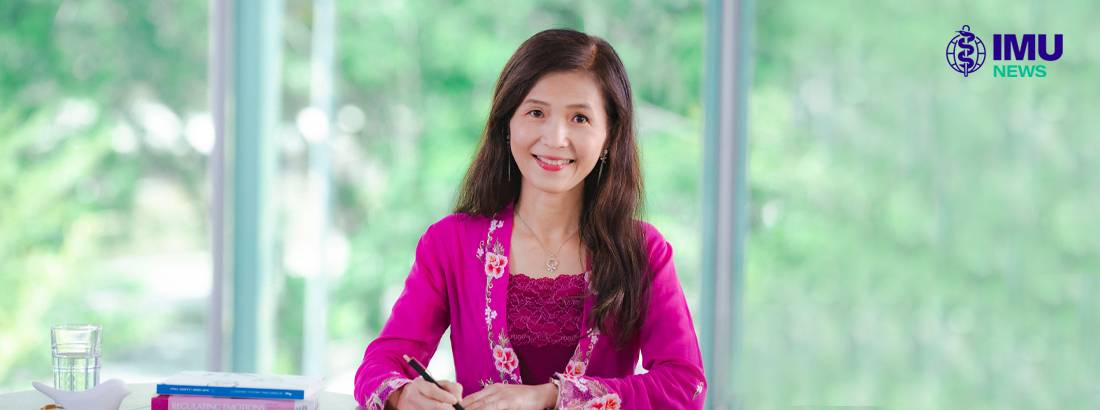
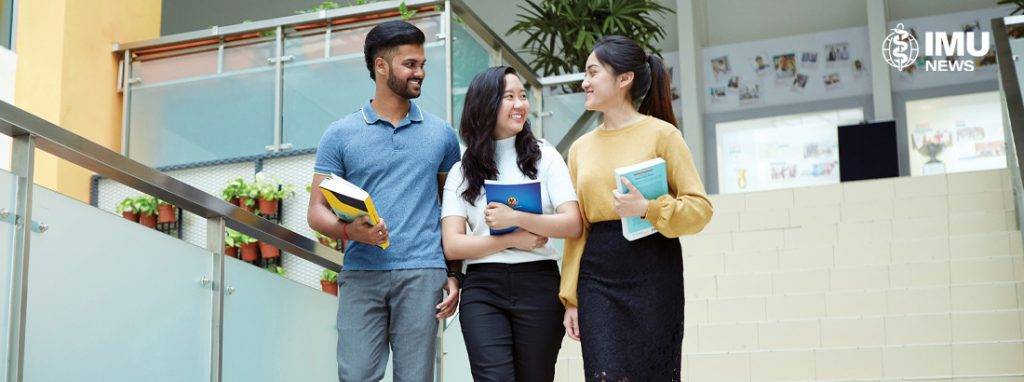
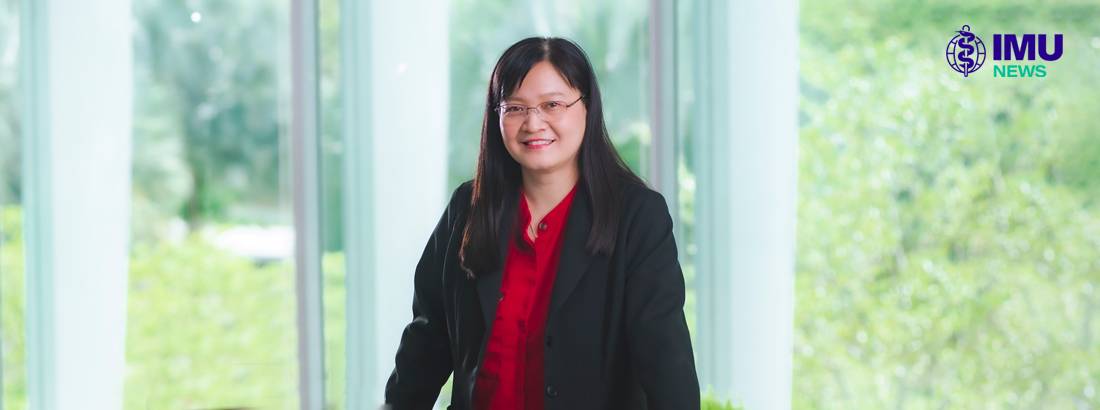

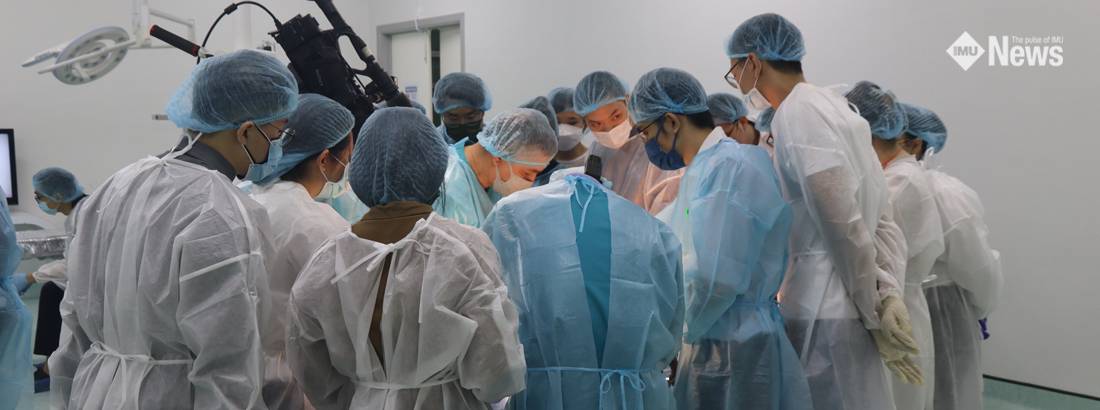
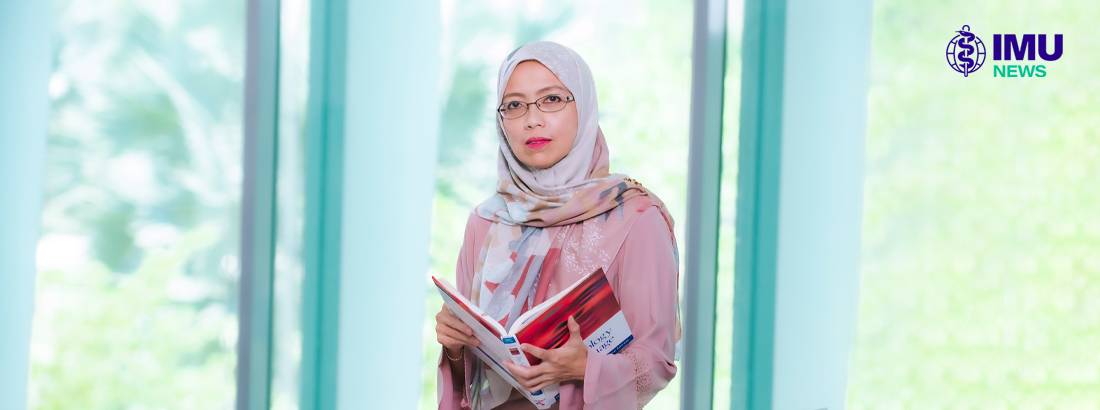
No approved comments.